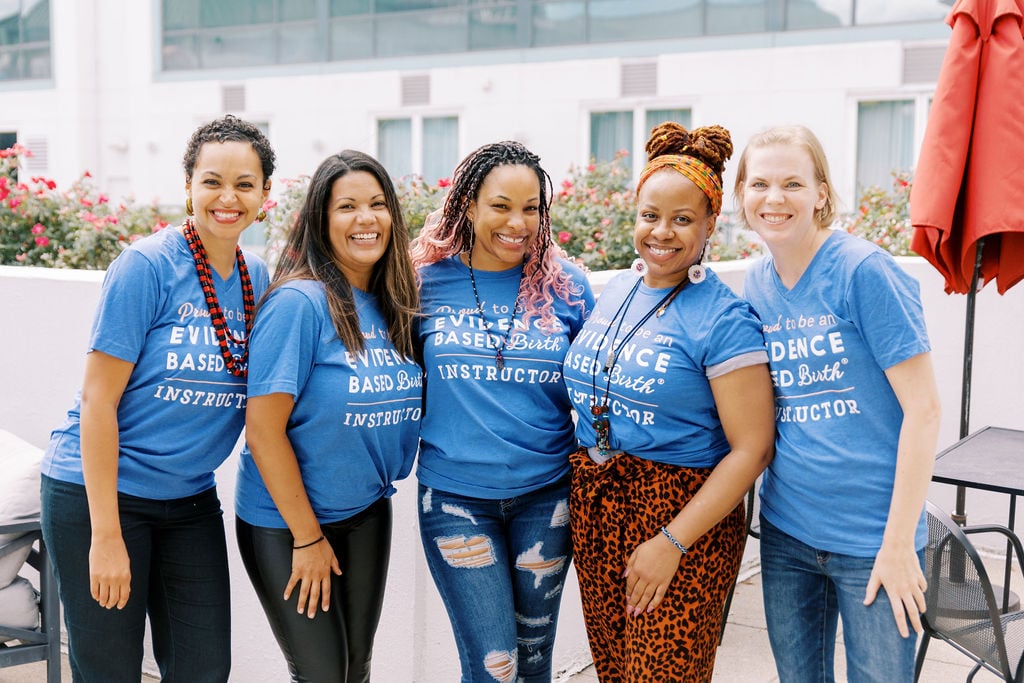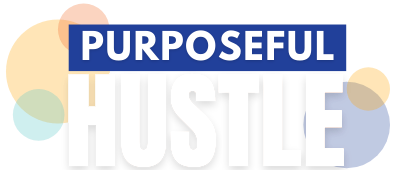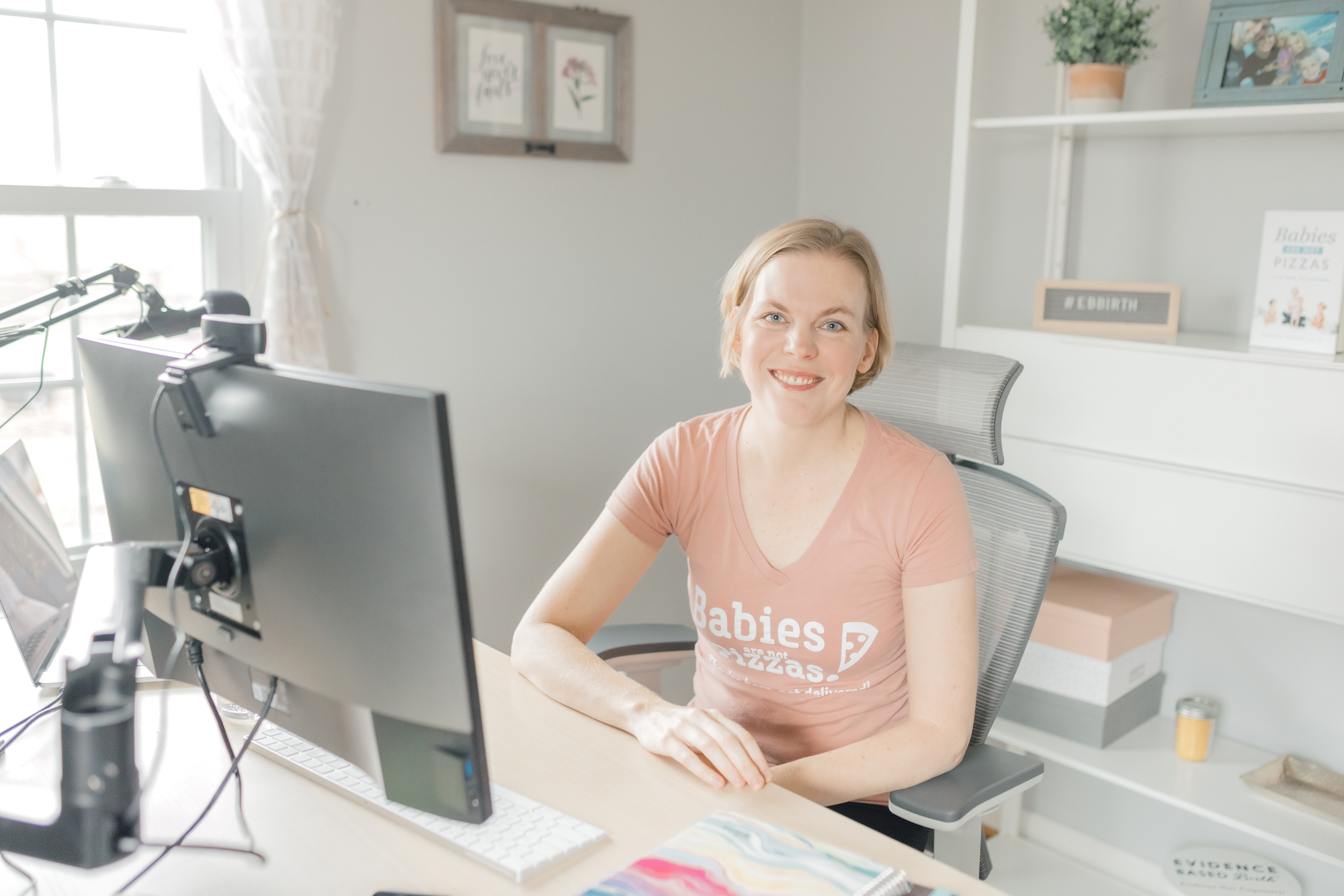Photo by The Malicotes
Rebecca Dekker, PhD, RN, is the founder and CEO of Evidence Based Birth® and the author of Babies Are Not Pizzas: They’re Born, Not Delivered! Dr. Dekker has earned a Bachelor’s, Master’s, and PhD in Nursing. Previously, Dr. Dekker was an Assistant Professor of Nursing at the University of Kentucky College of Nursing.
In 2016, Dr. Dekker left academia to focus full time on the mission of Evidence Based Birth. The team she leads at Evidence Based Birth is working to create a world in which all families have access to safe, respectful, evidence-based, and empowering care during pregnancy, birth, and postpartum.
Tell me a little about your personal journey. How did you become interested in equality and empowerment in birth work? What influences led you to this point?
"I created the Evidence Based Birth® blog in 2012, and then in 2014 I attended my first birth conference. While I was there, I heard a keynote presentation from Ngozi Tibbs, a childbirth educator and lactation consultant. Ngozi did an exercise where she flashed images on the screen of people of different ethnicities and asked us to identify the first thought that popped into our head. I was horrified by the words that were popping into my brain. That was the moment I resolved to learn more about my implicit biases and systemic racism, and how these harm birthing families of color. That same year, I met a Black mom in my town who had a horrific experience when a local hospital called Child Protective Services because she’d given birth too quickly to make it to the hospital in time. So, it was a huge wake-up call to realize that this kind of racism and discrimination was hurting families in my own hometown.
Both of those experiences had a huge impact on getting me started on my journey towards un-learning a lot of what I was taught from my educational system, including what I learned in my nursing education and graduate coursework. The perinatal healthcare system in the U.S. is broken for all of us, but it’s delivering even worse care to Black families, and that needs to stop. It’s all our responsibility to work towards a more just world."
What is the main purpose or mission of Evidence Based Birth®? How do you keep “purpose” at the center of your day-to-day work?
"Our mission at Evidence Based Birth® is to help birth workers (midwives, doulas, nurses, childbirth educators, and others) build the evidence-based knowledge, skills, and power they need to protect families’ abilities to give birth with empowerment. The work we do at EBB goes on to directly and indirectly impact families who are searching for evidence-based information to empower their prenatal, birth, and postpartum experiences!
One of my first employees taught me an important strategy for keeping our purpose at the center. Anna Bertone, MPH, is a research writer who has worked alongside me in the EBB Research Team, and she always meditated for a minute or so before she began to write. She would imagine the families who would read the information we publish online, and then keep those families in mind while she worked. I learned from her example, and I am always thinking about how the words we write (on our blog and social media) or speak (on our podcast and trainings) can impact millions of birth workers and pregnant families around the world. Just a simple pause each day to reflect on who we are serving can be powerful. It also helps that a lot of our team members are birth workers themselves, and they are constantly facing the same challenges as the customers we are serving."
What are some of the myths you are trying to dismantle related to birth? Why do you think these myths persist?
"Shortly after I started blogging, I created a t-shirt that said, “Top 5 Myths about Childbirth, Debunked!” and the shirts were extremely popular while we had them! So many people would comment on that t-shirt. One time, a flight attendant stopped to have a conversation with me in the middle of a flight, because she’d been negatively impacted by the myth about big baby—her physician tried to force her to have a Cesarean because he thought her baby was big (the baby ended up being a normal size).
The debunked statements on our t-shirts were:
- Big Baby is not an evidence-based reason for induction or Cesarean.
- It’s safe to eat and drink during labor… really!
- Once a Cesarean does not mean always a Cesarean.
- You do not have to give birth lying on your back.
- The doctor “won’t allow you” is false. You can speak up for what you want!
It’s been nine years since we printed that t-shirt, and we’re still trying to change people’s attitudes about these subjects! Big Babies is still one of the top reasons for inducing labor, most people are not allowed to eat during labor, very few people are given the option of having a vaginal birth after they’ve had a Cesarean, almost everyone is told they need to be on their back or semi-sitting in bed when the baby comes out, and so many birthing parents are afraid to speak up for themselves!
There are a lot of barriers to evidence-based care, but I would say some of the top reasons it’s taking so long to create change include:
1) Difficult individuals (there’s always someone in a hospital who holds power to resist change, whether it’s a manager, administrator, lawyer, or physician)
2) Systems of oppression such as sexism, racism, genderism, heterosexism, sizeism, and more (embedded in universities, residency programs, laws, and trade associations)
3) Culture (a lot of culture in hospitals is rooted in white supremacist culture, which you can learn more about from a document written by Tema Okun here)."
What are some of the biggest obstacles or challenges you’ve faced as you’ve grown and developed your business?
"When I started in 2012, one of my biggest challenges was balancing a full-time job as a nursing professor alongside starting my business. I had to do everything myself on weekends and evenings—build the website, publish the research, teach the courses, provide customer service, set up systems, and manage social media. I finally quit my job in 2016—that was a huge challenge as well, trying to find the courage to leave my tenure-track academic job and become self-employed.
Learning how to step into a leadership role and build a completely remote team has been the most difficult but also the most rewarding part of growing our business. At one point I hired two people to help, then three more, then a few more, and it just kept growing, until now we have around 15 regular team members.
It’s always hard when people leave the team (especially if I invested a lot of time and training into that person), but I just keep going and tell myself that it’s part of my role as CEO, to learn how to deal with people arriving and leaving. And when I found replacements for the people who’d left, it was beautiful to watch the new people flourish and grow.
I love the focus I get to have on supporting my team right now. They make everything worthwhile, and they’re a large part of my motivation for continuing my work. I love how our mission impacts so many people, but it’s especially meaningful to me that we provide a safe, caring, non-traumatic workplace and a means of making a living for a diverse group of incredible people."
How do you use your business as a platform to disseminate information, build community, and/or empower others? And do you believe all businesses are responsible for building a better society?
"Our company has always been about empowering others with evidence-based information! But in the summer of 2020, I took a hard look at my business to see what we could be doing better. One of the decisions I made was to use our social media and podcast platforms to amplify the voices of Black birth workers, Indigenous birth workers, and other birth workers of color, as well as LGBTQIA+ birth workers. We brought on some amazing new team members with experience and training in birth justice, and I gave them free rein to use our brand for this new purpose. You can learn more about what we’ve been doing in terms of outward work by visiting our birth justice page: https://evidencebasedbirth.com/birthjustice.
In terms of internal business responsibility, one of the things I’ve learned from Dr. Sayida Peprah, a psychologist and anti-racism consultant, is that most U.S. workplaces are toxic cesspools of white supremacy! Dr. Peprah has taught me about ways I can operate an ethical business that creates a safe workspace for a diverse team.
There’s so much that we can change as business owners. We can create workplaces where we pay ethical wages/bonuses and where we value our employees, and we also have the power to help build a team culture that is actively anti-racist, protects Black people and LGBTQIA+ people from harm, encourages balance and rest, works to earn each other’s trust, and provides a compassionate, supportive work community that cares about each team member as a whole person. What if every workplace was like that? Can you imagine how much better our society would be? So yes, business owners are responsible for building a better society, and it starts with how we treat our employees and contractors."
What advice do you have for those hoping to start their own business or pursue a passion?
"Just get started! I began with a web domain, a simple logo, and 5 blog posts, and that was all it took to get started. It’s so much easier to start a business today than it used to be. I found tons of free podcasts and YouTube videos about starting and running a business, and I checked out countless books on business from the public library. All in all, I think my start-up costs were only $300, which I paid for by selling some of my old textbooks.
Any successful business should probably be something you’re passionate about AND serves a need that people are willing to pay for. I’ve met a lot of people who have a business idea, but after 6 months they’ve stopped working on it because their passion fizzled out. Or they have the passion, but there’s something off about the audience—maybe nobody wants to buy what they’re trying to sell or provide. The magic happens when you have the knowledge and passion PLUS you’re meeting a need or providing a service/product that people want. For me, what happened with Evidence Based Birth® was like hitting a home run on the first try, but most people have to go through multiple business ideas and iterations before they hit on something that works."
Is there anything else you’d like to add? Any other insights or words of wisdom for our readers?
"I just completed a business education program alongside Deanna, your founder at Purposeful Hustle, and one of the exercises we did was to write a manifesto/a for our companies. I’d love to share the Evidence Based Birth® manifesto/a with you:
We want to live in a world where…
Every family can access evidence based, empowering, childbirth care.
Every birth worker finds courage, hope, and renewal.
We join hands as advocates and change makers.
We witness the rebirth of birth work.
Let’s do this"
--
If that message resonates with you, feel free to follow the work we do at Evidence Based Birth® on our blog, social media, or podcast!

Photo by Love The Renauds








Leave a Comment